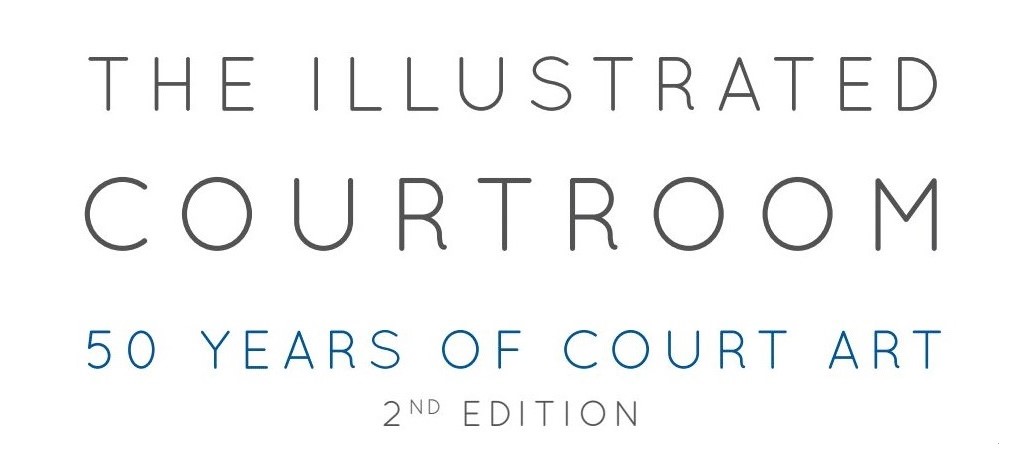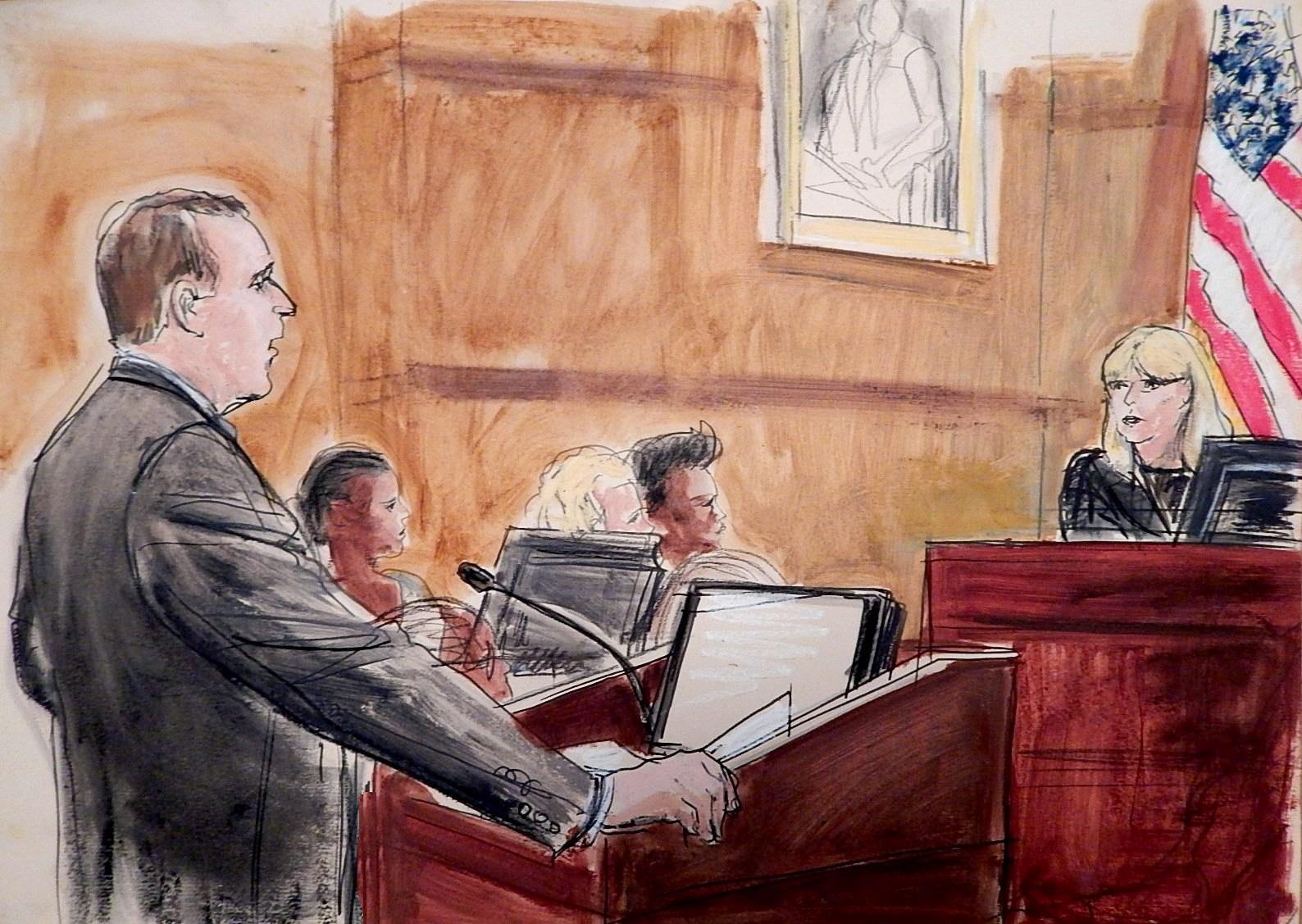New York Banks Also Handled Arab Bank's Alleged Terror Payments
Daniel Fisher Forbes Staff
http://www.forbes.com/sites/danielfisher/2014/09/16/arab-banks-disputed-transfers-also-routed-through-new-york-banks/
Many of the money transfers at the heart of a precedent-setting lawsuit against Arab Bank over terrorist financing also passed through banks like Citibank, Bank of New York and JP Morgan Chase , the deputy manager of Arab Bank’s New York bank has testified. The evidence wasn’t offered to show complicity by the larger banks in financing terrorism, but to show that the global banking system is complex and relies on automated systems to check against questionable transactions.
 |
| Plaintiff Counsel Mark Werbner cross examining Palestinian Finance Minister Shukry Bishara |
Plaintiff attorneys led by Gary Osen and Mark Werbner are trying to break new ground by holding a bank liable for causing terrorism by handling payments between killers and enabling organizations including Muslim charities. They have a substantial advantage in the fact that U.S. District Judge Brian Cogan has decided to enforce ruling by Judge Gina Gershon, who was later removed from the case, preventing Arab Bank from arguing its executives didn’t knowingly allow transfers to terrorists. Gershon imposed the sanction as punishment after the bank refused to turn over hundreds of thousands of customer records, citing bank-secrecy laws in its home country of Jordan. The plaintiffs argued that without the records, they couldn’t prove either way whether the bank was a knowing participant in terror finance.
For Arab Bank, the case represents a test of whether the federal Anti Terrorism Act becomes a mechanism for strict liability, under which banks will be held financially accountable for the actions of their clients even if the bank complied with all applicable regulations. If that happens, banks could be in a similar position as pharmaceutical companies and other manufacturers of inherently dangerous products, who are often found liable for damages caused by others like doctors misusing their products.


No comments:
Post a Comment